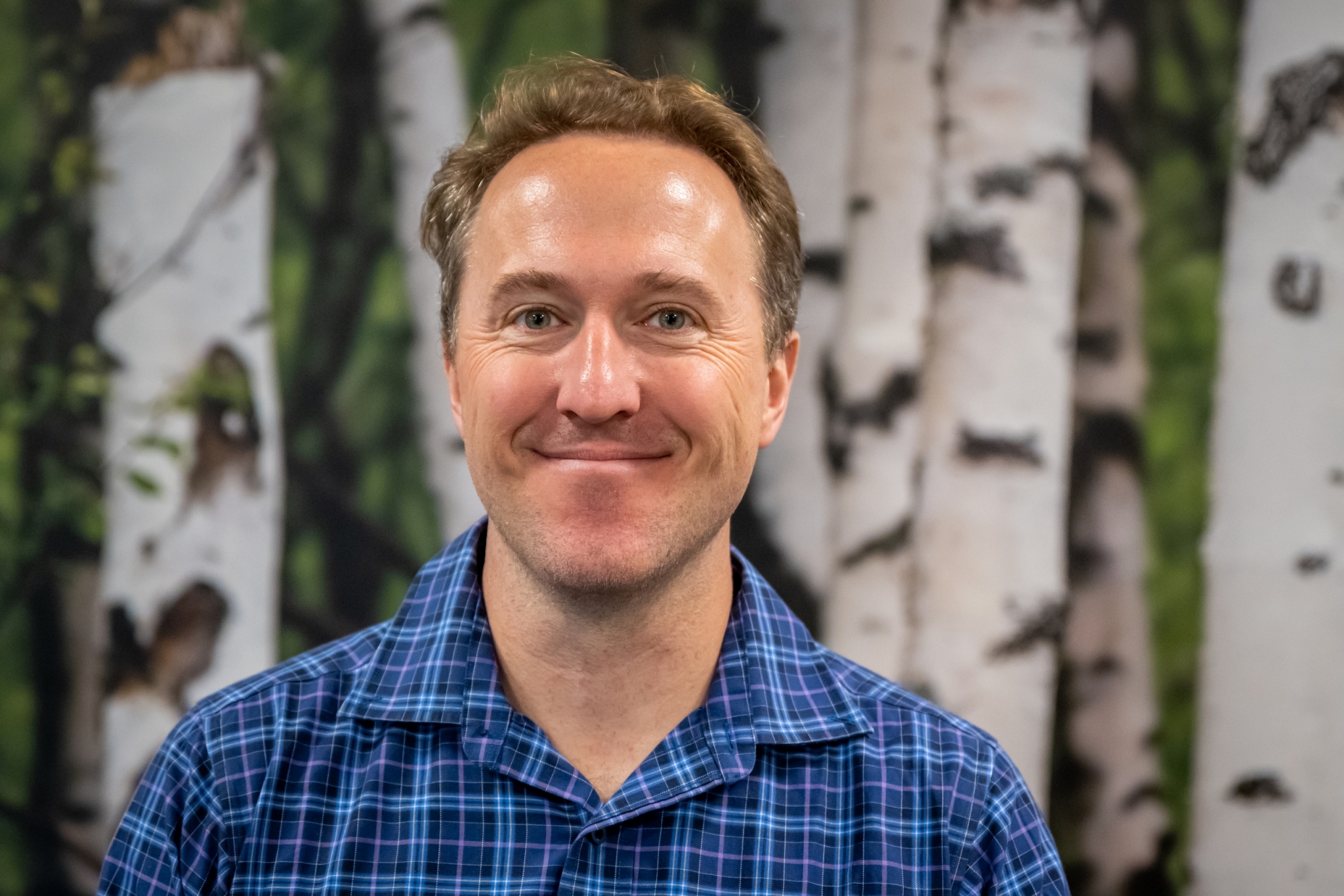Profile
The evolution of life on earth has been shaped by a few pivotal events. One of the most significant of these events was the evolution of multicellularity. It is hard to imagine our world before the appearance of multicellular organisms—especially because almost everything we can see with the naked eye is multicellular. Eric Libby’s research explores the conditions that make it possible for multicellularity to evolve and the impact being multicellular has on the evolution of complex life. In essence, he is interested in how simple organisms evolve into complex ones.
Eric’s journey to IceLab was long and wandering. He graduated from Rice University in Houston, Texas with a degree in Computational and Applied Mathematics. He then drove to Montreal to do a PhD with Leon Glass at the Center for Nonlinear Dynamics at McGill University. There Eric modeled genetic networks, did some bioinformatics/systems biology, and taught mathematical biology to physiology students. Afterwards, Eric did a stint as a science journalist in Washington DC as part of a AAAS Mass Media Fellowship. He left North America for the South Pacific to do a postdoc with Paul Rainey in microbial evolution at the New Zealand Institute for Advanced Study. Missing snakes and uncuddly plants, his next position was as an Omidyar fellow at the Santa Fe Institute. After hiking in the arid, sunny Southwest he moved with his family to Umeå to see winter before it goes extinct from the world.
Current Projects
The Latest Posts
Read posts related to Eric Libby’s research

